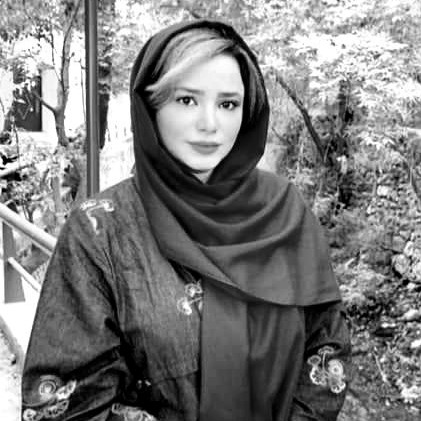Dr Ala Ghapanchi got her PhD in clinical psychology from Shahid Beheshti University of Medical Sciences. She got her master’s degree from Tehran Psychiatric Institute in 2014. She has been working as a psychotherapist in the psychology center of Tehran University for 3 years and held numerous workshops for play therapy during that time. During the same period, she has been working as a psychotherapist in an orphanage in Tehran and wrote a paper entitled “Adoption Applicants Screening: Characteristics and Challenges” about the psychological issues of children living in this center.
Currently, she is an assistant professor in the Department of Psychiatry at Nekuee hospital in Qom and is mainly involved in teaching psychology and giving psychological consultation to inpatients and outpatients.
Dr. Ghapanchi’s main expertise and experience is psychotherapy for children and adolescents; she has been training in this topic for almost a decade.
She has been actively involved in the translation of “Obsessive Compulsive Disorder: Cognitive-Behavioral Therapy for Children and Adolescents” book and the writing of a package of books about child development entitled “flowering years “.
Her main interests are: psychoanalysis of psychosomatic disorders, psychoanalysis and psychotherapy of children and adolescents, personality disorders, mythology, history, sociology and philosophy.
She has published plenty of papers including “Marital satisfaction in parents of children with attention deficit/ hyperactivity Disorder”, ” Psychometric Evaluation of a Persian Version of Beliefs about Emotions Scale in Community and Clinical Samples”, ” Psychometric properties of the Persian version of the somatic symptom disorder–B Criteria Scale (SSD-12) in community and clinical samples’ and ” The effectiveness of the unified protocol on symptoms, quality of life, negative affect, and negative reactivity in irritable bowel syndrome patients”.






